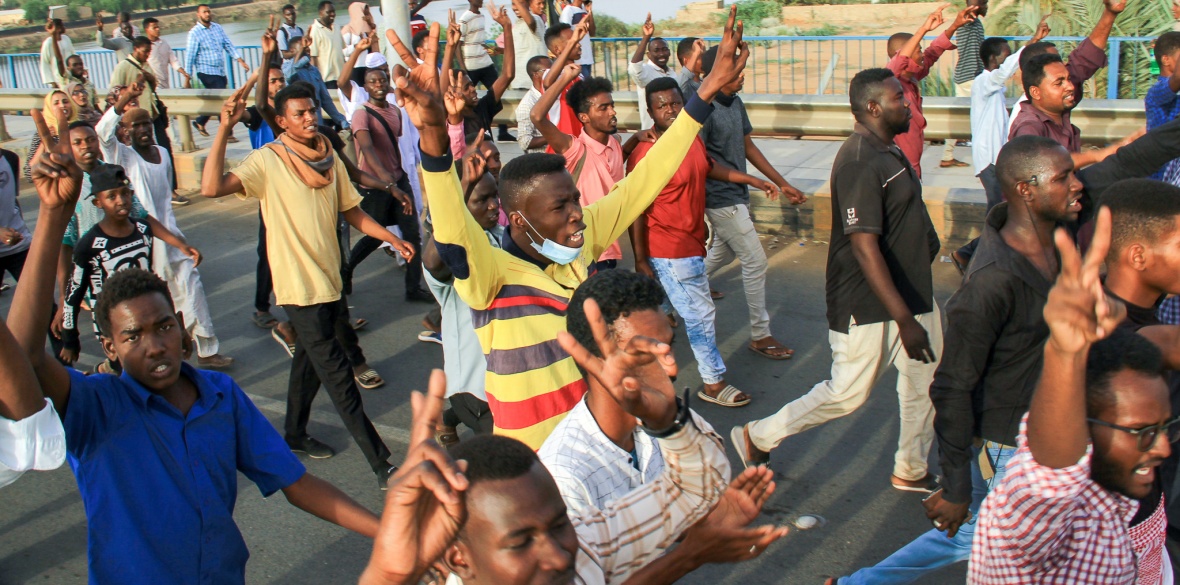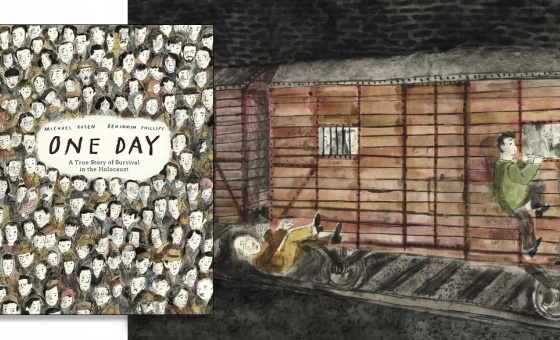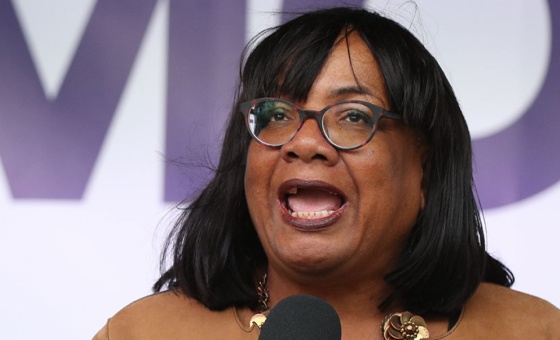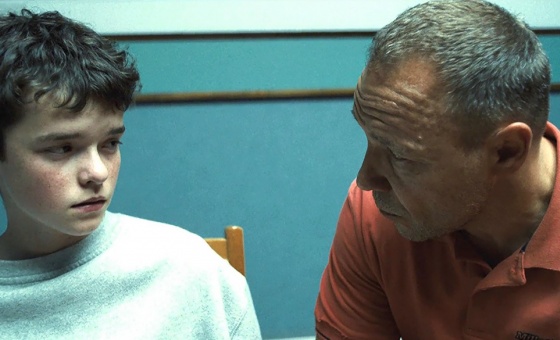This is the last article you can read this month
You can read more article this month
You can read more articles this month
Sorry your limit is up for this month
Reset on:
Please help support the Morning Star by subscribing here
DESPITE the success achieved in removing the former president and dictator Omar al-Bashir and a number of his inner circle last year, there is still a long way to go to dismantle the former regime, particularly in the face of additional obstacles created by the subsequent palace coup staged by Bashir’s generals.
The struggle continues between two projects: that of the forces for Freedom and Change (F&C) — supported by the majority of the population — and the “Soft Landing” project designed by international and regional interests to halt radical change. This seeks to attract part of the opposition.
The class base of our Freedom and Change Alliance includes the working class, the peasantry, the professional bodies, the women’s and student organisations and groups belonging to the armed sections.
The petty bourgeois Professional Alliance, where the Sudanese Communist Party (SCP) has strong presence, is playing a major role.
The main slogan raised by the masses — Freedom, Peace and Justice — is an SCP slogan. Within the F&C there are four main groups.
First, there are the Forces for National Consensus (FNC) which include the SCP and Tayar al-Intifada, the uprising tendency, a left-wing group formed in 2013 by democrats and the student movement based mainly among the petty bourgeoisie in the capital and other cities.
Second, there are the mass organisations: the Workers’ Trade Union Front and the Farmers Alliance which maintain their separate identity but nevertheless co-operate with the FNC. The SCP has a strong presence in both organisations.
Third, there are the groups based on pre-existing Arab nationalist parties and alliances: Nidaa al-Sudan — or Sudan Appeal — includes the Umma Party, the Sudan Congress Party (a new centrist party based mainly in the cities) and three armed groups from Darfur.
They have strong links with regional and international powers.
Fourth, there is the Professional Alliance which started as a grouping of eight professional bodies, including lawyers, teachers, doctors, nurses, university professors, engineers and bank employees, among others. The SCP maintains a considerable influence in the Professional Alliance.
From the beginning the SCP has insisted that the way to work towards toppling the dictatorial regime is through the establishment of the broadest possible mass front around the basic demands of the people.
Work with the leaderships of the various parties and organisations had to be coupled with work centred around the needs of the people.
That is why, since 2013, the SCP led the way to form the resistance committees in the residential areas, places of work and schools and universities.
Ahead of the first mass peaceful demonstration in January 2018, called by the party organisation in Khartoum, the central committee decided to send its members to work on the ground to rebuild party branches and establish the resistance committees.
These would become the main organisations uniting all opposition forces and individuals — as well as the only unified democratic platform that could organise and lead the struggle from the bottom up.
This tactic proved successful in forcing wavering leaders to follow the will of the people.
As in any broad front, there will be differences between its participant groups. While the SCP tries to reach consensus with other forces wherever possible, it still maintains its right to address the masses from its own independent position.
There are two poles in the Sudanese opposition, the SCP and the Umma Party.
With the exception of the Professional Alliance and the mass organisations of workers and peasants, the rest of the groups will waver from one side to the other on specific issues — as with vacant regional governor posts and the peace talks over the war in Darfur.
The SCP believes that the present stage of transition must combine both dismantling the old structures and their gradual replacement with more democratic structures.
It has been relatively easy to agree on changes to the state apparatus and security organs.
However, political differences appear once discussion reaches the rebuilding of trade unions and professional bodies.
The SCP demands independence for the trade unions, the professional bodies and organisations representing students, women and the peasantry.
Recently, the Professional Alliance held new elections. The (left-wing) Democratic List of candidates won all seats.
Another area of disagreement concerns regional governors. The Umma Party demanded that since it was the major winner in the last free elections in 1986, it must have a big share in the new appointments of the regional governors. For us this is unacceptable.
It is important to stress that some forces within the opposition consider the overthrow of Bashir to have been the main goal, and accordingly they have started to call for a shorter transitional period and for more power to the military.
In face of cracks within the ranks of the broad front, the only safeguard is the continuous role of the organised masses in the resistance committees.
The main strength of the December uprising depends on organised mass involvement.
The danger of a coup is still there. The majority of the officers and the generals were recruited by Bashir’s party.
But whenever there have been conspiracies or rumours of conspiracies, the immediate reaction of the masses has been to occupy the main roads and streets and to raise barricades and roadblocks.
A key role in this has been played by the resistance committees.
The original declaration of the Freedom and Change Alliance committed it to fight for complete civilian rule.
After the removal of Bashir and intervention by the African Union and Ethiopia, pressure was exerted on the F&C negotiators by the “international community and regional forces,” to share power with the military.
Going beyond their mandate, the F&C representatives agreed and this was then drafted into the constitutional document giving the generals the right to appoint ministers of defence and the interior — placing the two main repressive organs in the hands of the military.
All this was in clear violation of the original F&C agreement. The SCP decided not to participate in the two transitional councils, but to instead join the legislative council.
While a simple majority of the F&C accepted the agreement, the majority of the resistance committees at street level supported the party position.
Under no circumstances would the SCP compromise its independent class position.
That is why the SCP continues to fight for complete civilian rule that will promote social justice, help the re-establishment of free trade unions and pave the way for the completion of the tasks of the national democratic revolution.
Any full transition from dictatorship to a new democratic stage must include the unity of the opposition forces around the declaration of the F&C and bringing within the government structures the mass organisations that played and are playing a major role in protecting the achievements of the December uprising.
Of critical importance will be moves to solve the present economic crises, to enlarge the scope of democratic participation by establishing the legislative council and appointing civilian governors.
It is important in this respect to reach the basis for a comprehensive and democratic peace agreement with the participation of all political and armed parties and groups.
All this will require the convocation of a constitutional congress to draft and agree a constitution which determines the future of the country — and especially a just distribution of wealth and power.











